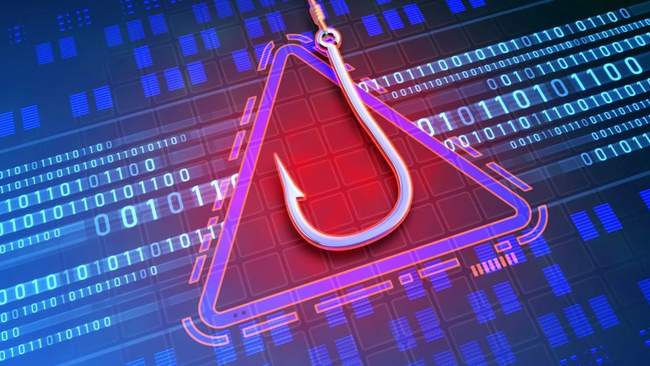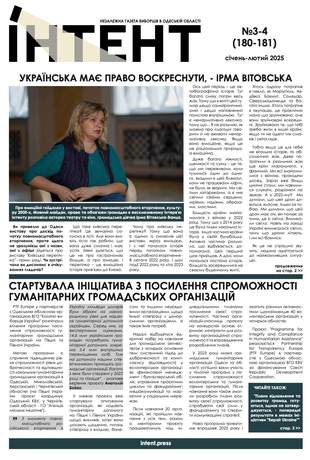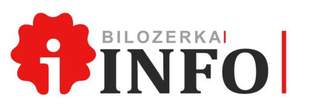Меню
Social networks
What is phishing and how to protect yourself from fraud
Цей матеріал також доступний українською73

Image: Digvel.com.ua
Online trading platforms have become a handy tool for modern Ukrainians. Buying a used bicycle, selling an old laptop, or ordering an embroidered shirt from a craftswoman in another city is now possible in a few clicks. But the popularity of such platforms has made them a convenient target for fraudsters.
A scheme that seemed complicated a few years ago is now simple and widespread. Phishing attacks on marketplaces have become one of the most common types of online fraud in Ukraine. And what's more alarming is that both buyers and sellers fall victim.
What is phishing in simple terms?
Phishing is a fraudulent practice where attackers try to obtain confidential user information, such as logins, passwords, or bank card details. To do this, they create fake websites that look similar to genuine platforms, such as marketplaces. By visiting such a link, users can accidentally enter their personal data or pay for a purchase through an unsafe resource.
Cyberpolice comment
"Marketplaces are one of the hottest spots for phishing attacks today. Fraudsters use fake websites, logos of delivery services, and the interface of banking systems. Cases when citizens enter card details themselves or log in to fake BankID systems are especially dangerous," said Bohdan Kryzhanivskyi, Head of the 1st Sector of the Cybercrime Department in Odesa Region of the National Police.
How to protect yourself from phishing?
- Use two-factor authentication, the Cyber Brama website advises. Most modern marketplaces offer additional security features, such as SMS codes or in-app confirmation. This reduces the risk of unauthorized access to your account.
- Check your purchase through the app or the official website. Do not enter payment information on third-party sites. Always use only trusted resources.
- Keep up to date with security updates. Make sure your browser and operating system are updated to the latest versions. This will help protect you from many online threats.
- Be careful with public Wi-Fi networks. Avoid making purchases or entering personal data when connected to unsecured networks.
- Don't trust too good of an offer. If an offer seems too good to be true, it's probably a trap.
In the world of digital commerce, convenience is an advantage. But this advantage should not become your weakness. Even if you are promised a fast transfer, a favorable price, or a direct link, don't rush. A few seconds to check can save you from serious financial losses.












